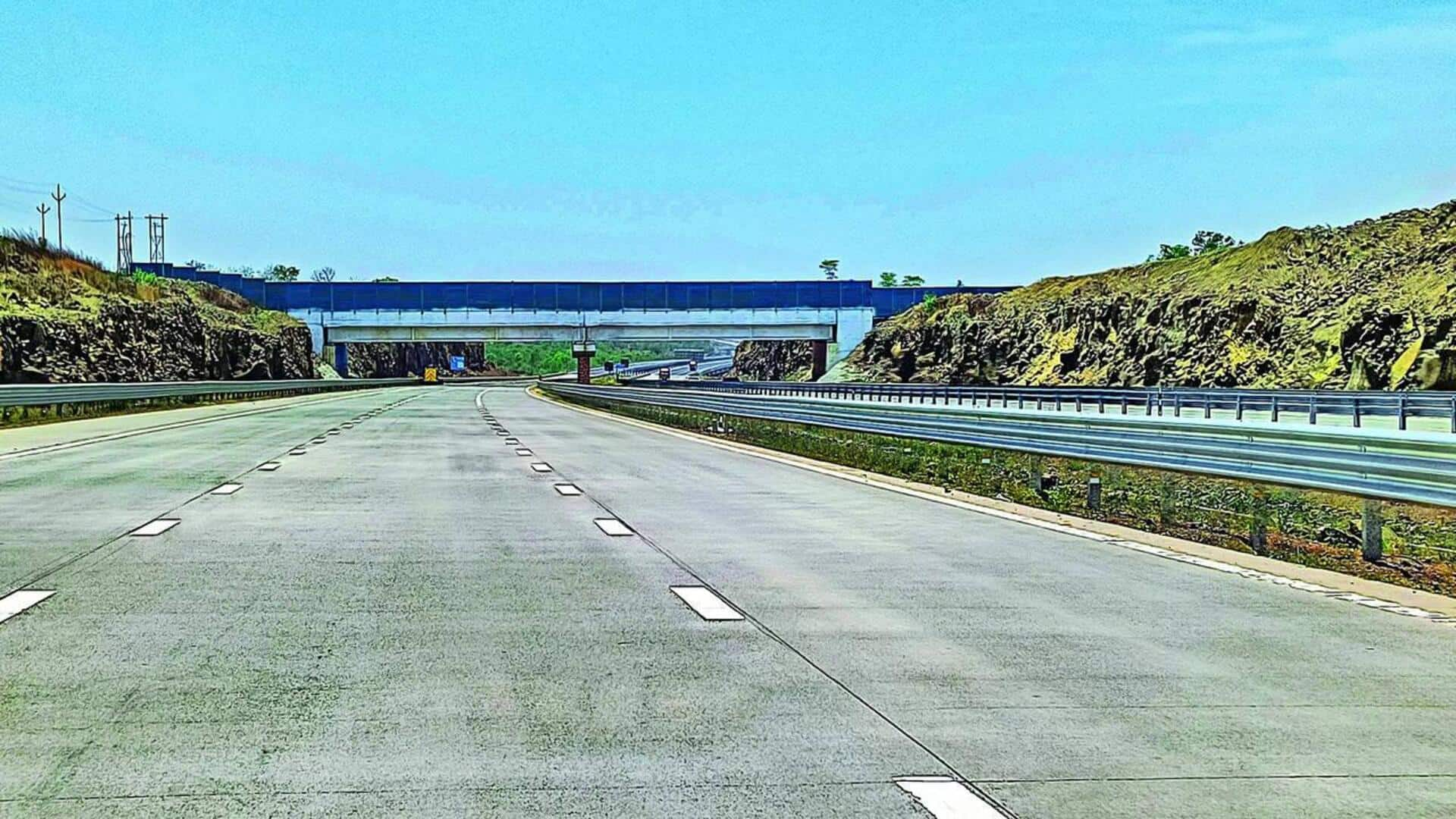
Indian highways, city roads may soon have dedicated two-wheeler lanes
What's the story
The Ministry of Road Transport and Highways in India is formulating a comprehensive plan, to build dedicated lanes for two-wheelers on state highways and urban roads. This initiative is part of a larger effort to tackle the issue of non-segregation of traffic, identified as a major contributor to high crash rates in the country. The plan also comprises the construction of pedestrian foot-over bridges (FOBs) or underpasses along key urban arterial roads.
Accident statistics
Two-wheelers and pedestrians: The most vulnerable road users
Government data reveals that nearly 44% of road crashes as well as fatalities in India, involve two-wheelers. Additionally, 17% of crashes and 19% of fatalities involve pedestrians. These statistics underscore the risk faced by pedestrians, cyclists, and two-wheeler riders, who account for over half of the fatalities in road accidents. This vulnerability has prompted the government to take action to improve road safety.
Safety measures
'SAFE': India's strategy to reduce road accidents
To address the high accident rates, the Ministry has released a consultation paper titled 'SAFE.' The paper outlines strategies that aim to reduce road crashes and fatalities, particularly focusing on vulnerable road users. Drawing inspiration from Malaysia's successful implementation of dedicated corridors for two-wheelers, these strategies plan to segregate traffic and reduce accidents. The proposal also includes incorporating road safety into school curriculums, and organizing annual road safety workshops.
Scheme details
Funding and implementation of the road safety scheme
The road safety program is designed as a centrally-sponsored scheme (CSS), with an estimated expenditure of ₹14,000 crore. The central government will offer ₹9,948 crore, while the states and Union Territories (UTs) will contribute ₹4,053 crore. The scheme includes three key approaches: mandatory initiatives, target-linked initiatives, and state road safety ranking interventions.